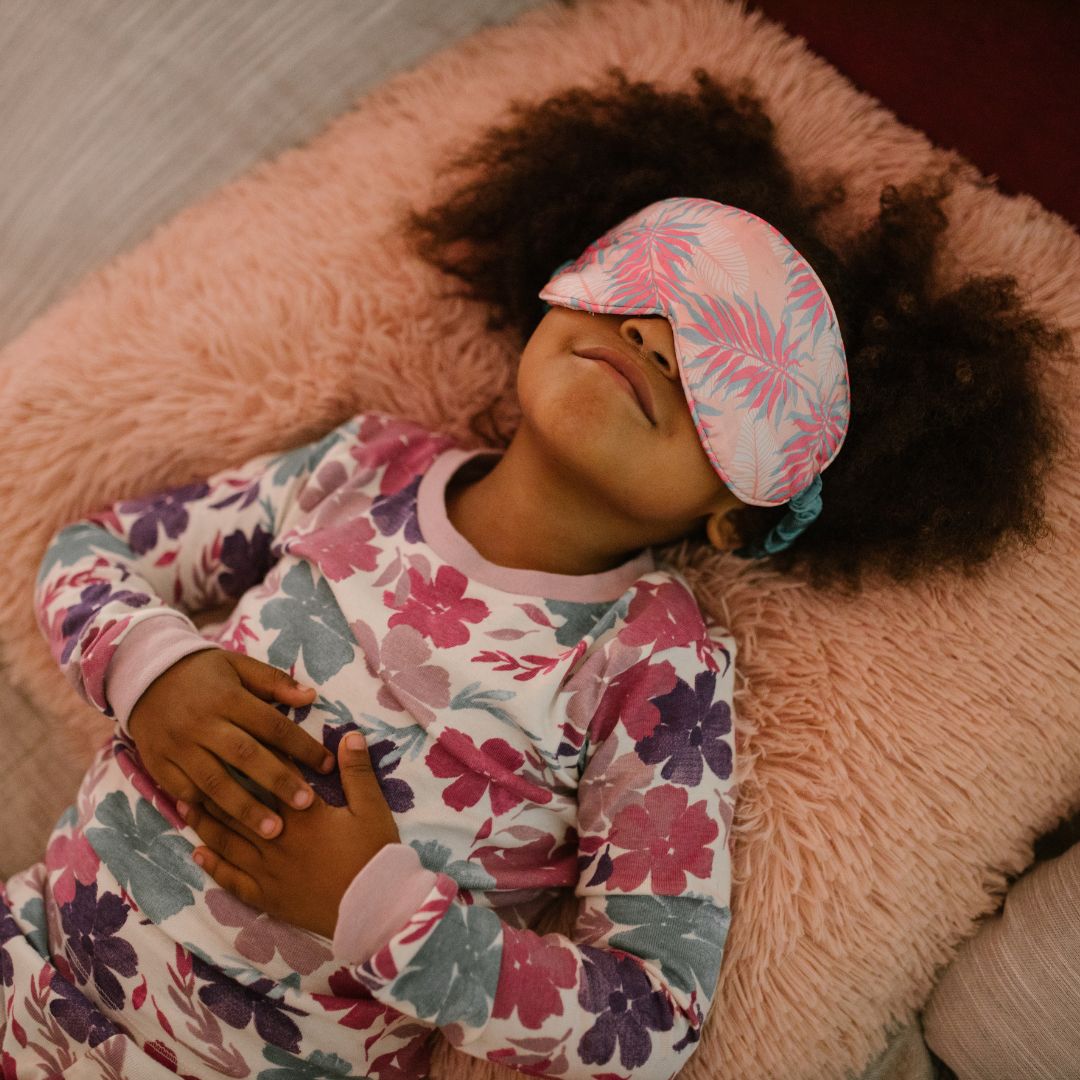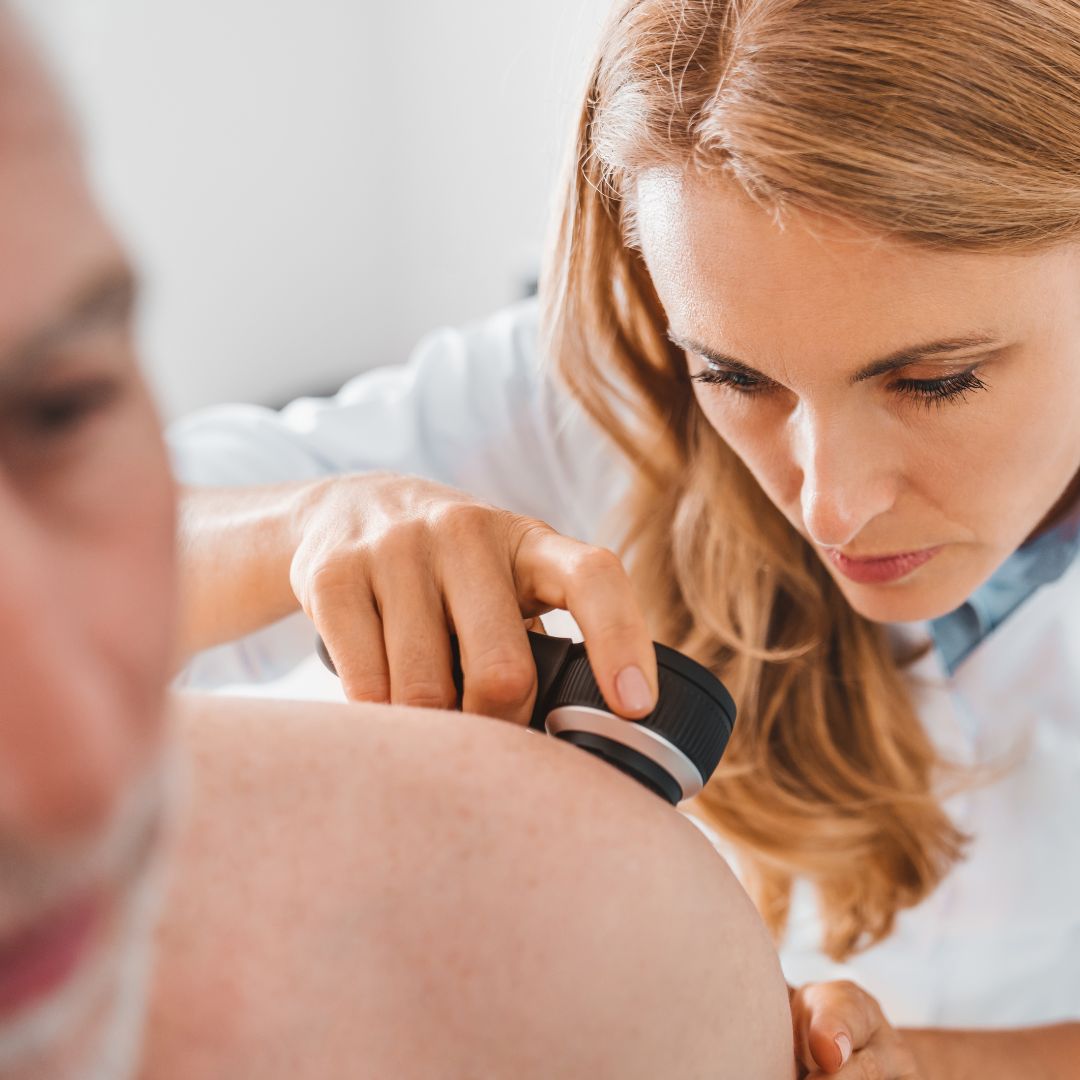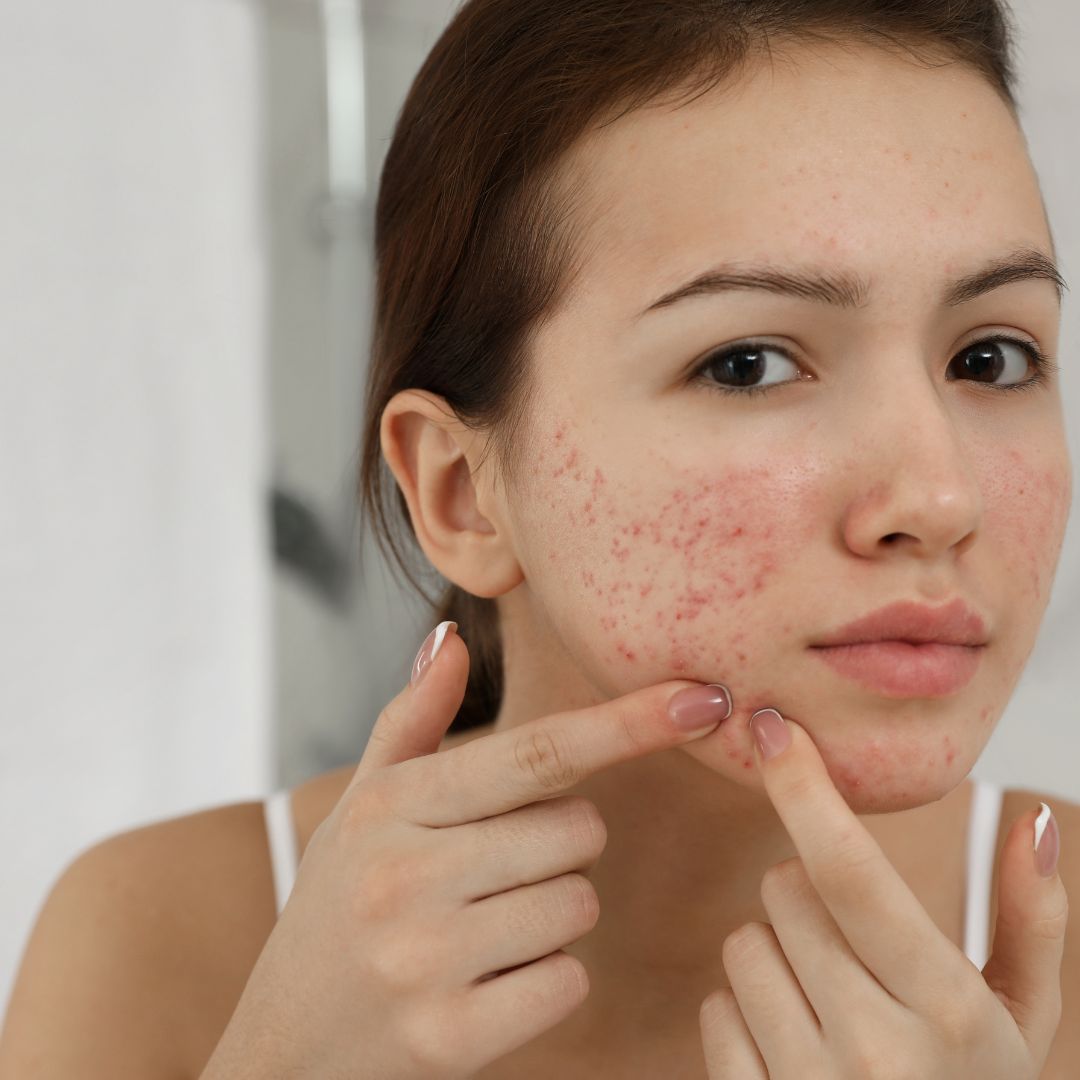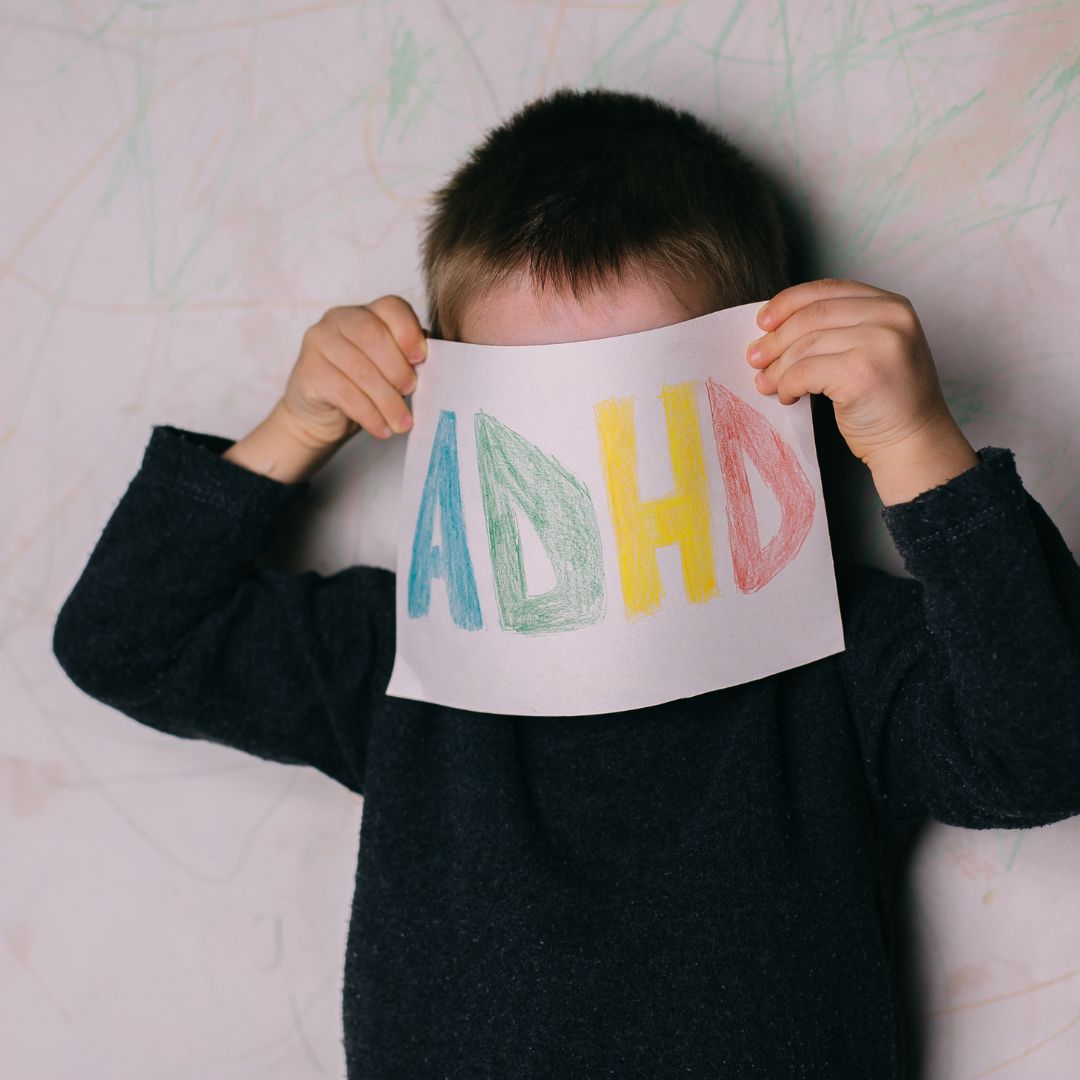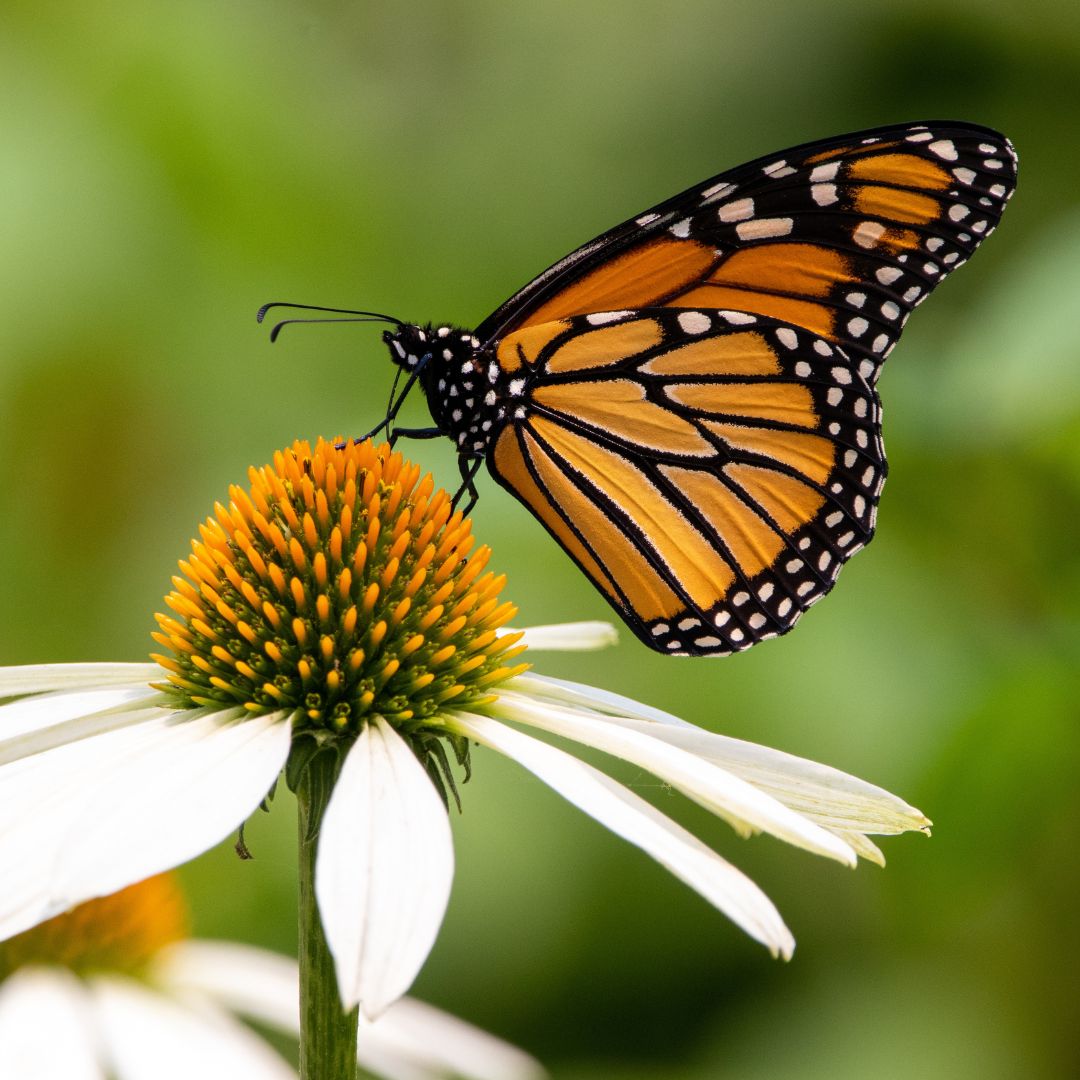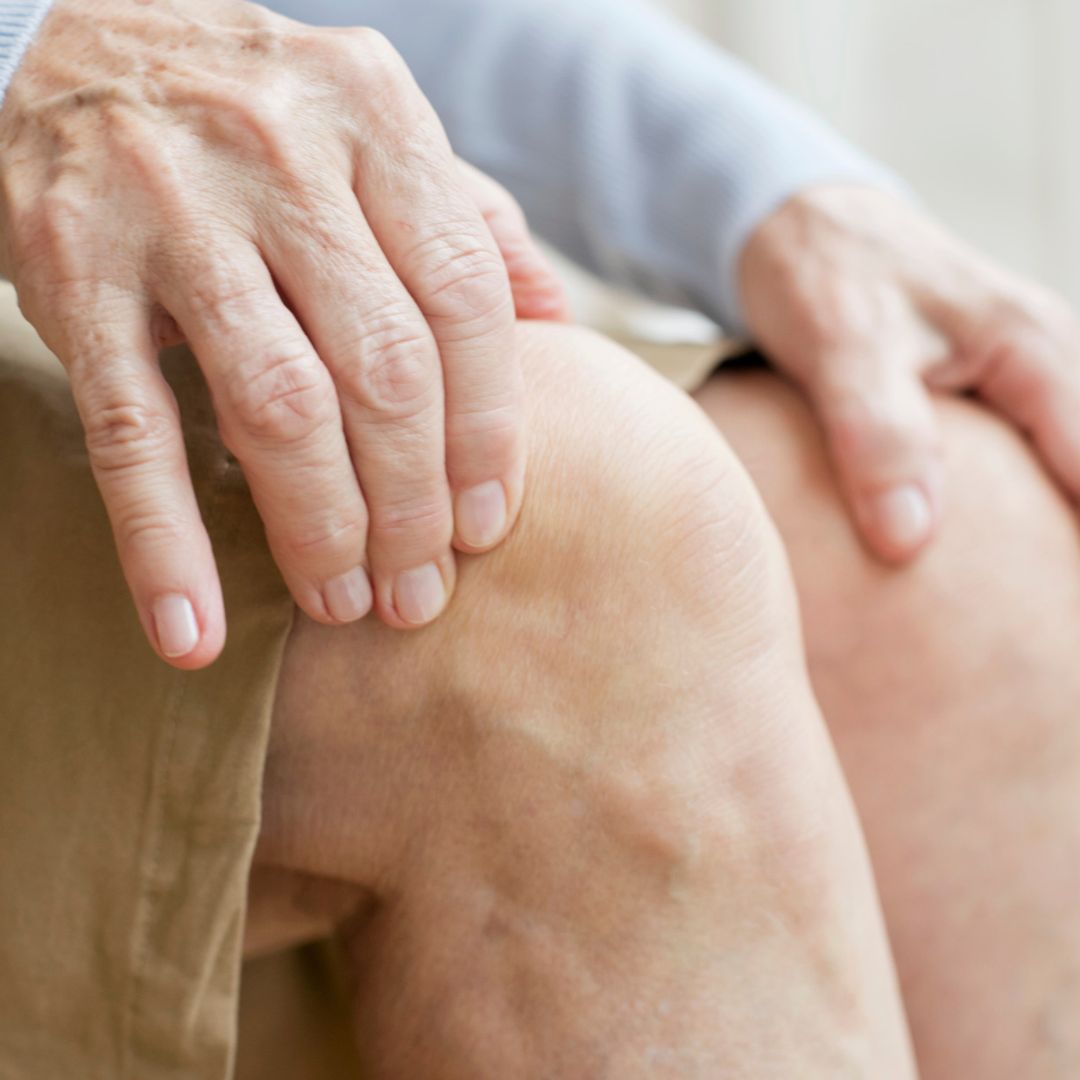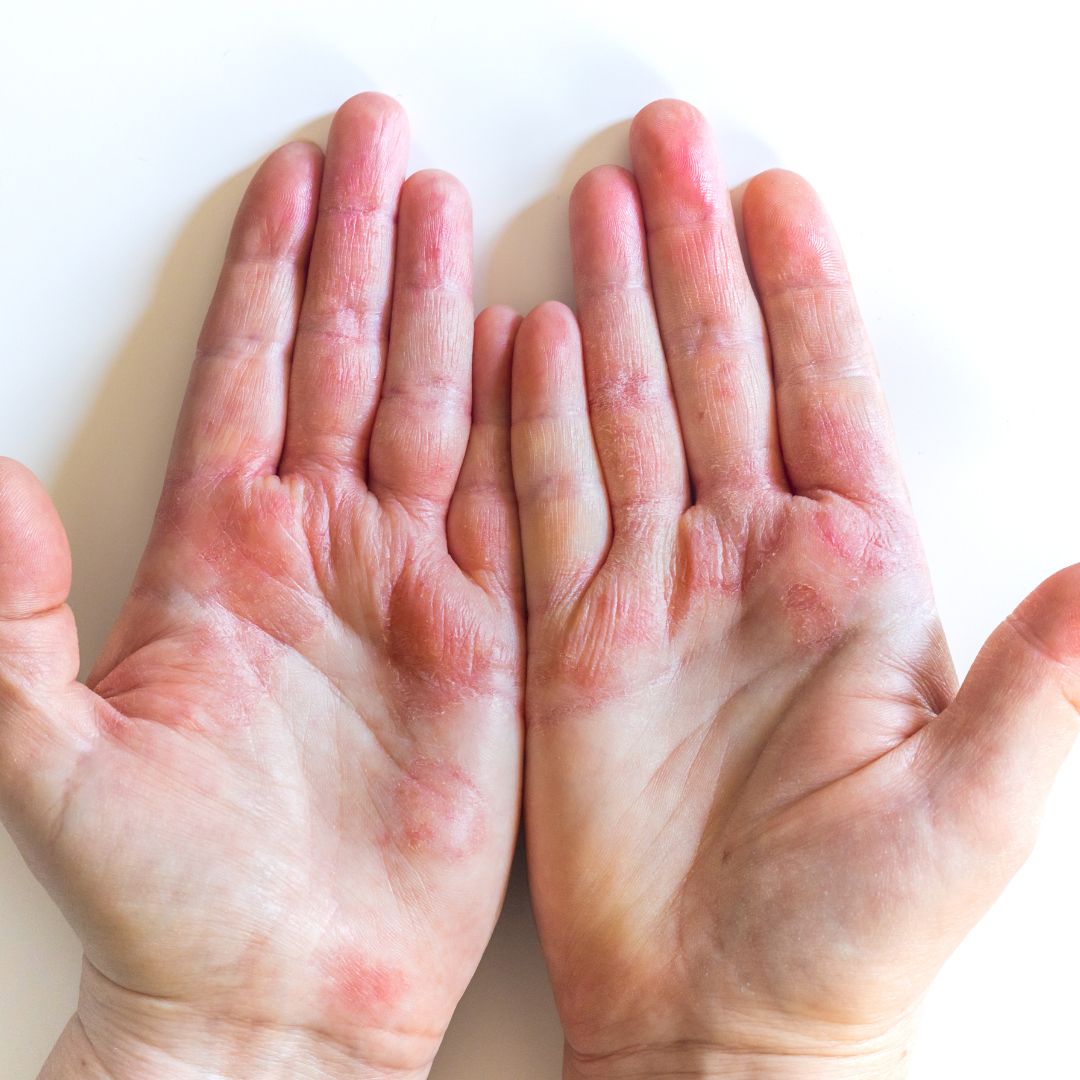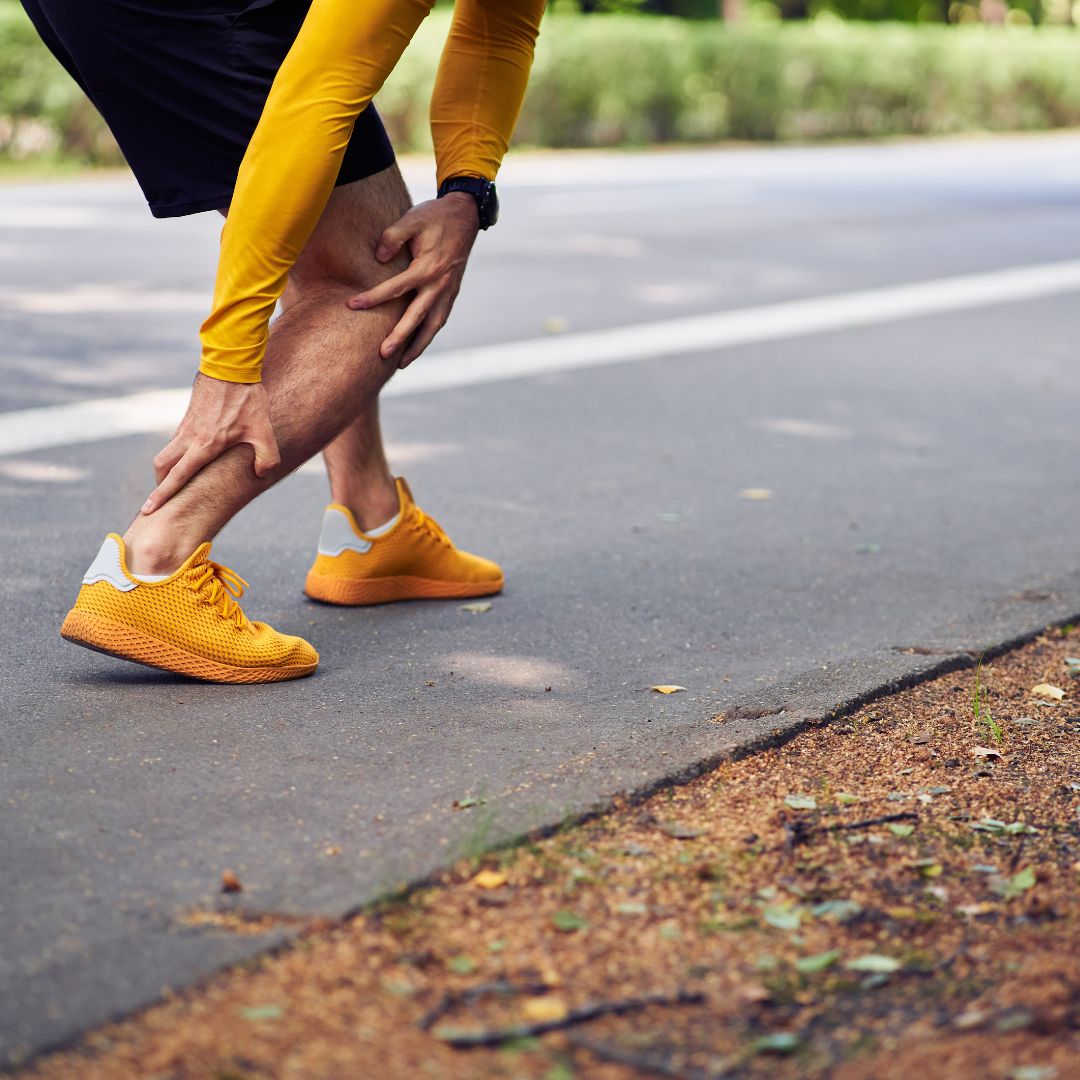What is Arctium Lappa?
By Dr. Peter Klapper Ph.D. What is it?A member of the daisy family that can grow more than four feet tall, burdock is a common weed with burrs that can stick to clothes. Native to Europe and Northern Asia, Arctium Lappa is now common in the United States too. In Japan and parts of Europe, Arctium Lappa is eaten as a root vegetable. The plant has purple flowers that bloom between June and October, and its dark roots have strong roots in homeopathic medicine.How is it used? Arctium Lappa has been used for centuries as a blood purifier, a diuretic to eliminate excess water, and a topical remedy for eczema, acne, psoriasis, burns, and more. Arctium Lappa (burdock root) is one of the key active ingredients in our organic eczema relief for adults and our organic eczema relief for kids. How is it taken?Extracts of burdock root can be used as a tea, dried powder, liquid, or tincture, or applied topically as with our natural eczema treatments.How does it work?Burdock root has many healthful properties. For starters, it’s loaded with potent antioxidants, including quercetin, luteolin, and phenolic acid. Antioxidants mop up damaging free radicals that have been linked to aging and disease. There’s more: burdock root also helps cool inflammation and has powerful antibacterial effects.Burdock root also contains inulin, a natural dietary fiber and powerful prebiotic. Prebiotics are precursors to probiotics that promote the growth of beneficial bacteria in your gut. Consuming more fiber can prevent or relieve constipation, help you maintain a healthy weight, and lower your risk of diabetes, heart disease and some types of cancer.Thinking of giving Arctium Lappa (burdock root) a try?If you are one of the millions of folks who is driven to distraction by the itchy and inflamed skin of eczema, consider trying our natural skin care treatments for eczema. Just a few drops rubbed into the affected skin three to four times a day, make sure to store it in a cool dark place, and tighten the cap after use to prevent oxidation.Where can I learn more?The medical literature is filled with information on the healing powers of Arctium Lappa or burdock root. Check out these articles:Mount Sinai Medical Center. Burdock.https://www.mountsinai.org/health-library/herb/burdock Chan Y-S, et al. (2011). A review of the pharmacological effects of Arctium lappa (burdock). springer.com/article/10.1007%2Fs10787-010-0062-4 Maghsoumi-Norouzabad L, et al. (2014). Effects of Arctium lappa (Burdock) root tea on inflammatory status and oxidative stress in patients with knee osteoarthritis. pubmed.ncbi.nlm.nih.gov/25350500/
Learn more6 Tips to Help Toddlers & Kids Fall Asleep and Stay Asleep
It’s no secret if you’re a parent of little ones that sleep can become a fight every evening as toddlers and kids want to continue to play but some children truly don’t sleep well due to underlying issues. We explore tips and reasons why that might be.
Learn moreThe Difference Between Moles, Skin Tags, and Warts
It’s a time to draw attention to your skin, learn about skincare and blemishes. We wanted to focus on those pesky growths on your skin that feel like they appear out of nowhere. Whether you have recently noticed a mole, wart, or skin tag, we discuss the difference and what you can do about it.
Learn moreHow to Survive the Holidays & Avoid Burnout
The holidays are upon us and while they bring so much joy, they can be downright exhausting. Between all the planning, holiday meals, parties and get togethers, you may feel emotionally depleted. We’re here to offer tips on “How to Survive the Holidays and Avoid Burnout” this season.
Learn moreTeen Acne: 10 Tips on How to Manage & Prevent Breakouts
By Dr. Peter Klapper Ph.D. As a teenager, your body experiences hormone changes that tend to affect your skin—learn more about how acne develops in our article All About Acne—and during a period in your life where your appearance matters, it can be upsetting when you experience an acne breakout. Even the mildest of acne can impact a teenager’s self-esteem, so it’s important to get it under control. That said, to celebrate “Healthy Skin Month” this November, we want to focus on how teenagers can get their acne not only managed but how to proactively avoid breakouts. Remember, acne doesn't just affect teenagers; adults can also struggle with it—read more in Adults and Acne: Why You Still Can Have Blemishes into Your 20's. 1. Take Acne Seriously As we stated above, self-esteem is greatly impacted by acne. It’s imperative to get it under control before a teen’s face becomes the brunt of a joke such as “pizza face.” Yes, skin blemishes are normal such as blackheads and pimples, but that’s not a reason to not institute healthy skin practices. And if your teen’s skin has already flared-up to the point of leaving acne scars, know that there are treatments to help that, too. For instance, our acne “Scar Treatment” helps dissolve scar tissue safely and effectively while nourishing and moisturizing damaged skin.2. Treat Acne ImmediatelyOnce acne has been taken seriously, it’s also important to treat it immediately - whether that is seeing a dermatologist for medication if your teen’s acne has become aggressive or by implementing a skin care routine that includes the right skincare products.This can be done by treating the problem areas upon the flare-up. Our “Acne Pimple Control Treatment” is great for teens, mess-free and easy to apply. This roll-on application combines the power of homeopathy with soothing essential oils that works systemically to help the body clear acne, pimples, zits blackheads, back acne, and seborrhea naturally.3. Wash Your SkinA good rule of thumb is to wash your skin twice daily to rid your body of any dirt and oil buildup. Work well around your problem areas and it should be applied with the fingertips and rinsed with lukewarm water.4. Let Your Teen Take ChargeAccording to a recent study, dermatologists found that parents who constantly reminded their teens to take their acne medication had the opposite effect. The reminders felt like “nagging” and inadvertently caused the teens to use their treatment less often.5. Avoid Excessive ScrubbingScrubbing the face excessively can cause more harm than good. Over the counter facial scrubs and face masks can irritate the skin and cause worse acne.6. Avoid Touching Your SkinWe get it. If you see a pimple, you want to pop it. As hard as it is, don’t touch your face. The more you pick at your face and problem areas, the more bacteria you’re spreading on your face that can cause infections, more acne and scarring.7. Manage StressWhen you’re stressed, your body feels it - especially your skin. Stress can cause your skin to flare-up, so it’s crucial to keep it under control. This can be done by exercising, getting outside, talking out problems, making time for fun activities and getting enough rest. You can use our natural stress and anxiety relief Calm Mood for Kids ages 3-12 for those preteens or our adult version for older teens.8. Protect Your Skin from The SunThe sun can impact your skin in many ways, so it’s always important to wear sunscreen. If your teen is struggling with acne, it can also be worsened by the sun because some medications make the skin more sensitive.9. Shower After SweatingIf your teen is active, it’s important that they keep up with good hygiene. Oil production is increased by sweating, especially if a hat or helmet is being worn. By using shampoo, it can help decrease the oils that buildup in the hair and hairline.10. Be Aware of What You Put on Your SkinWhether it’s makeup products or the latest Tik-Tok mayonnaise trend, what you put on your skin has consequences. Always look for products that are oil-free and noncomedogenic, otherwise known as products, that were formulated to not clog pores. For natural remedies that can help, consider reading How Do Acne Home Remedies Work?. Also, don't overlook acne in other areas like the back; our Bacne 101: Tips for Dealing with Back Acne provides useful tips. If acne persists, exploring treatments like Treating Adult Acne with Certified Organic Medicine may be beneficial. In severe cases leading to scarring, learn how to address it in How To Treat Scars Caused By Cystic Acne.
Learn moreHow To Help Manage Diabetes and Avoid Complications
Between managing insulin, blood sugar levels, to watching what you eat, diabetes can be a lot to manage. If you or someone you know lives with diabetes, you understand why taking steps to prevent complications like diabetic neuropathy or diabetic ketoacidosis is important.
Learn more8 Tips to Stay Well This Winter
Stay ahead of winter sniffles, colds, flus, and respiratory issues with our 8 Tips to Stay Well This Winter. From boosting your immune system natural to dry, itchy skin and sleeplessness the colder months don’t have to take a toll on your mind and body this season.
Learn moreHow To Determine if You Suffer From ADHD
By Dr. Peter Klapper Ph.D. At some point in your life, you may have struggled to pay attention in class or a meeting. Maybe even done something that seems impulsive like running across the street without looking. However, while this may be a rare occurrence for you, it’s something that about 6.1 million children in the United States with Attention Deficit Hyperactivity Disorder (ADHD) deal with daily. This disorder can interfere with all facets of life including social environments to school and work, which is why it’s important that we bring attention to ADHD during October, ADHD Awareness Month.What is ADHD?ADHD is a neurodevelopmental disorder that impacts the part of the brain that helps us focus, plan, and execute tasks. It tends to affect school-aged children and those who suffer with ADHD are known to experience developmentally inappropriate levels of inattention, impulsivity, and hyperactivity. That can look like struggling with time management, keeping things organized, missing important details, exaggerated emotions, struggling to control impulses and in general being hyperactive.Because ADHD has a lot of impact on the focus part of the brain, The American Psychiatric Association has identified three types that have different treatment approaches based on symptoms.ADHD TypesIn order for a child to be diagnosed with ADHD, they should have six or more symptoms of the disorder present. We’ve laid out the symptoms for each type below.Inattentive Type Struggles to pay attention to detail Makes careless mistakes Doesn’t listen to someone speaking Is easily distracted Loses things and is forgetful Forgetful in daily activities Avoids tasks that involve making an effort Struggles to stay organized Can’t follow through with instructions Hyperactive/Impulsive Type Talks too much or excessively Talks out of turn (blurting out) Interrupts others Struggles with waiting or taking turns Running or climbing at inappropriate times Acts as if they’re driven by a motor (always on the go) Fidgets and squirms Can’t sit still and needs to get up once seated Combined TypeAs stated above, this individual would have symptoms and meet the criteria from both inattentive and hyperactive/impulsive types.Treatment PlanOnce an ADHD type has been identified, it’s important to understand that ADHD currently doesn’t have a cure but a workable comprehensive approach that includes, medication, skills training, counseling, behavior therapy, educational support and most importantly – parent training.Parent training can encompass helping your child with creating a routine that they follow from wake to bedtime each day, an organized and planned schedule, managing distractions such as TV and background noise, limiting choices in order to help them feel less overwhelmed, reward charts to track positive behaviors and in general providing a healthy lifestyle including physical activity, nutritious foods and sufficient sleep.While it’s known to affect children, symptoms of ADHD can be carried into adulthood in more than three-quarters of cases. Treatment for adults tends to involve medication in the form of stimulants and psychological counseling.If you’re looking for a more natural approach to help you focus and have your ADHD under control, consider trying our natural brain performance enhancer, Focus More. It helps improve brain power and cognitive ability especially if you struggle from lack of attention, focus, or brain fog.
Learn moreHow Shopping Non-GMO Products Makes a Difference
Genetically modified organisms (GMOs) are living organisms whose genetic material has been artificially manipulated in a laboratory through genetic engineering. This creates combinations of plant, animal, bacteria, and virus genes that do not occur in nature. October is Non-GMO month, learn more
Learn moreOsteoporosis - Can You Prevent it?
it’s important to know and understand your bone health. Especially when bone diseases such as osteoporosis are so prevalent. Often confused with osteoarthritis, more than 10 million people have osteoporosis. So is there anything you can do to prevent it? Can you reverse osteoporosis when you have it?
Learn moreHow To Prevent Eczema Flares in The Winter
If you suffer from eczema, cooler weather can be brutal on your hands and face since they’re more frequently exposed. Read these tips on how to prevent painful eczema flare ups this winter.
Learn moreEverything You Need to Know About Tendinopathy
Have you recently injured yourself and wondered if it could be an issue with your tendon, muscle, or ligament? First off, it’s important to know that all the above are soft tissues in your body. They cover your bones and tend to be more fragile than the bone itself. When you experience a sports related injury it could be as simple as a sprain or more serious resulting in a tear.
Learn more


